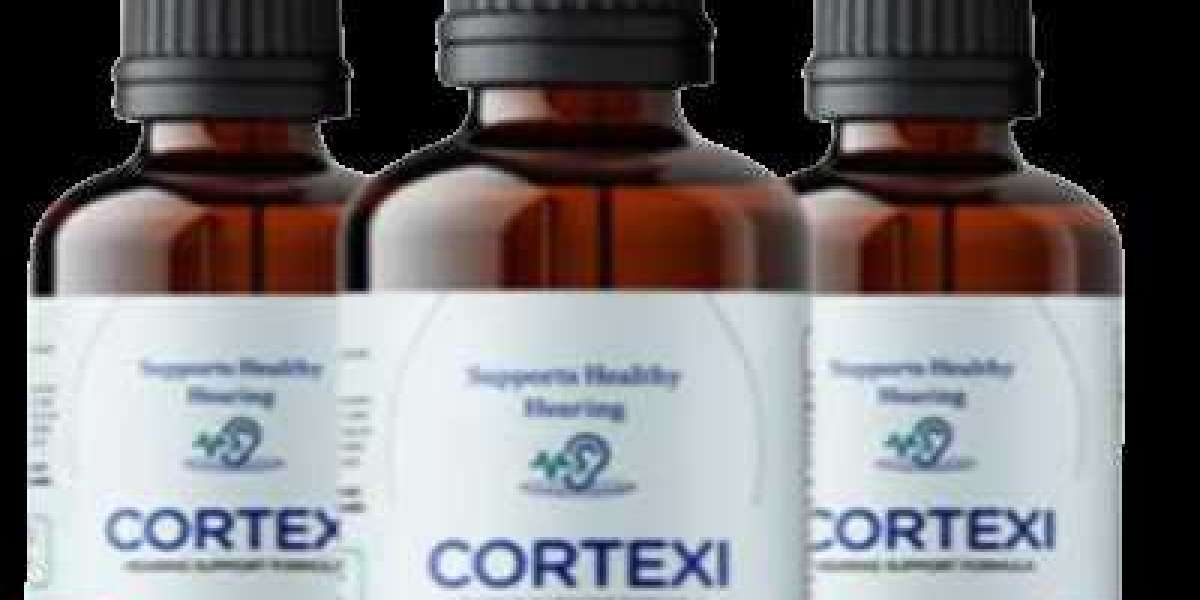Tea tree oil, derived from the leaves of the Australian native plant Melaleuca alternifolia, has gained significant recognition in recent years for its strong antifungal properties. As a natural remedy, it has become a popular choice for treating various fungal infections, including Candida overgrowth. This article will explore the effectiveness of tea tree essential oil in combating fungal infections, particularly Candida, and the various ways it can be used for optimal results.
Understanding Candida Overgrowth: ??Candida is a type of yeast that naturally exists in the human body, primarily in the gastrointestinal tract. Under normal circumstances, Candida poses no significant threat. However, certain factors such as a weakened immune system, poor diet, stress, and antibiotic use can disrupt the balance of Candida, leading to its overgrowth. This overgrowth can cause a variety of symptoms, commonly referred to as Candida overgrowth or yeast infection, impacting various parts of the body, including the mouth, gut, skin, and genitals.
Antifungal Properties of Tea Tree Oil: ??Tea tree oil is renowned for its powerful antifungal properties. It contains several active compounds, including terpinen-4-ol, which exhibits significant antifungal effects. Studies have demonstrated that tea tree oil is effective against a broad spectrum of fungi, including Candida species. It works by disrupting the fungal cell membrane, hindering its growth and development.
Treating Candida with Tea Tree Oil: ??Tea tree oil can be used topically or orally to combat Candida overgrowth. For oral use, it is important to consult a healthcare professional or naturopath for proper guidance, as tea tree oil can be toxic if ingested in large quantities. However, when used topically, tea tree oil can be an excellent option for addressing localized fungal infections. It can be diluted with a carrier oil, such as coconut oil, and applied directly to the affected area multiple times a day. This method is particularly effective in treating thrush, a common Candida infection in the mouth.
Tea Tree Oil as a Complementary Treatment: ??While tea tree oil demonstrates remarkable antifungal activity, it is important to note that it may not be a standalone solution for severe Candida overgrowth. In cases of persistent or recurrent infections, it is advisable to seek professional medical advice for a comprehensive treatment plan. Tea tree oil can be an excellent complementary treatment when used in conjunction with other antifungal strategies, such as dietary modifications, probiotics, and lifestyle changes. A holistic approach addressing the underlying causes and supporting the immune system is crucial for long-term success.
Precautions and Considerations: ⚠️⚠️When using tea tree oil, it is important to exercise caution and follow proper guidelines. It should always be diluted before topical application to avoid skin irritation. As an essential oil, tea tree oil should not be ingested unless under the close supervision of a healthcare professional. Pregnant or nursing women, as well as young children, should avoid using tea tree oil due to potential risks. Additionally, it is essential to perform a patch test before using tea tree oil to ensure you are not sensitive or allergic to it.
Conclusion: ??Tea tree oil is a natural antifungal remedy that shows promise in combating Candida overgrowth. Its potent antifungal properties make it a valuable addition to the treatment arsenal for fungal infections. However, it is important to remember that tea tree oil is not a magical cure-all, and a comprehensive approach to combating Candida overgrowth is necessary. Always consult with a healthcare professional or naturopath to assess your individual needs and develop an appropriate treatment plan. With proper guidance and knowledge, tea tree oil can be a valuable tool in the battle against fungal infections, offering relief and promoting overall wellness.







